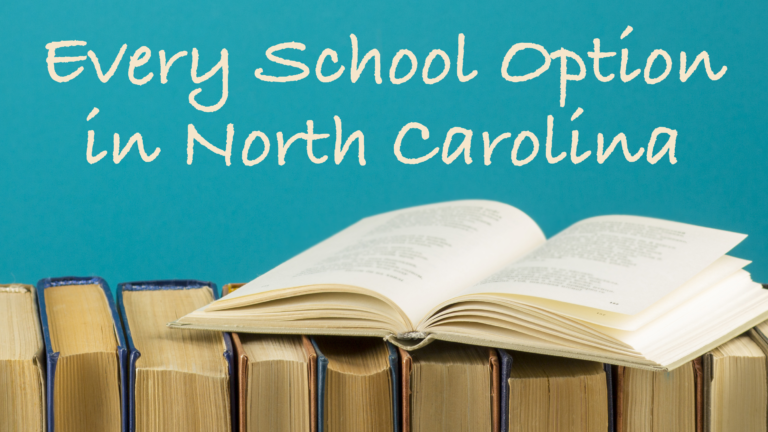In a U.S. News & World Report article, Sara Mead gives Bernie Sanders’ comments on charter schools the benefit of a doubt,
Are charter schools public schools? At least one presidential candidate seems unsure: Sen. Bernie Sanders recently told an Ohio audience, “I believe in public education, and I believe in public charter schools. I do not believe in private – privately controlled charter schools.”
Those comments provoked umbrage from charter school advocates, glee from charter critics, perplexity from journalists, and indifference from people who don’t closely follow education debates. But Sanders’ remarks also inadvertently reveal a much broader issue: Americans are confused about what it means to be a public school.
…
Sanders’ confusion about charter schools is forgivable – after all, he does come from one of the last states that don’t allow charters. It’s also something he has in common with the majority of voters.
Mead is right that Americans are confused about what it means to be a public school. But I do not believe that Sanders or his political and policy advisers are “confused” or deserving of a pass. Rather, he is playing to the Democratic base, who largely believe that charter schools are part of some vast corporate conspiracy to reap insane profits from public education.
As the National Alliance for Public Charter Schools points out, only around 13 percent of charter schools contract with a for-profit provider to provide basic operational services. (By the way, 100 percent of public schools contract with for-profit entities to provide supplies, textbooks, computers, instructional technology, etc., etc.) Even charter schools that employ an education management company are public schools, as defined by statute or by virtue of their funding and oversight.


